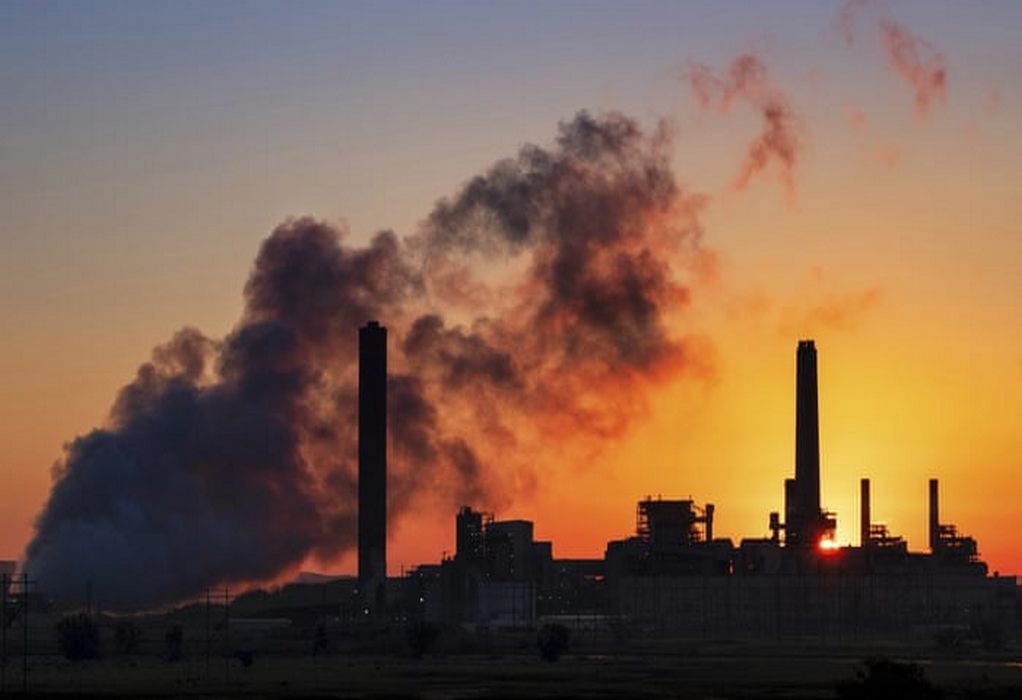Limiting warming to 1.5°C will be out of reach if the world does not bring down global emissions by 48% by 2030 in comparison to 2019, warned the Intergovernmental Panel on Climate Change (IPCC) in the third instalment of its Sixth Assessment Report released recently.
The United Nations body said the world is currently off-track and the likelihood of limiting warming to 1.5°C is now even lower than in 2018, because emissions continued to rise enormously. In fact, the emissions from fossil fuels rebounded to record highs in 2020 after a marginal fall during the pandemic, it said.
The report prepared by Working Group III makes it starkly clear the current Nationally Determined Contributions (NDCs) announced by countries are likely to exceed 1.5°C, and put the world on track towards 2.8°C warming by 2100.
“Even the most ambitious IPCC pathway of limiting warming to 1.5°C would still see temperature rise to temporarily peak at around 1.6°C by mid-century, before reducing to 1.3°C by 2100,” it stated.
The report, titled ‘Climate Change 2022: Mitigation of Climate Change’, was released late on Monday after two weeks of intense negotiations among the world’s top scientists and government representatives. It is also the first report of such magnitude to have been published since the Paris Agreement was approved in 2015, with perusal of over 18,000 scientific papers.
“It is a litany of broken climate promises. It is a file of shame cataloguing empty pledges,” said UN secretary-general António Guterres of the report, as he lambasted governments for “putting people firmly on track to an unliveable world”.
Mincing no words this time, Guterres further chastised governments and corporates “for choking the planet with historic investments in fossil fuels”, when cheaper, renewable solutions are available. The UN chief said there was urgent need to triple the speed of shift to renewables, and implored governments to stop funding of coal-fired plants, and move more investment and subsidies from fossil fuels to renewables.
In the same breath, he called upon climate coalitions of developed countries, financial institutions and corporates to support emerging countries in making this timely shift.
The revolution in the renewables space emerged as perhaps the only good news in the otherwise grim picture of climate change, with prices falling faster and more dramatically than predicted. There has been a sustained decrease in the unit costs of solar energy (85%), wind energy (55%), and lithium-ion batteries (85%), and large increases in their deployment during the last decade.
This also augurs well for developing countries like India, who have been stepping up their renewable capacity to meet the energy requirements. According to IPCC, photovoltaics (PV), concentrated solar power (CSP) onshore and offshore wind, now all compete with fossil fuels on levelised costs of energy in many places.
The costs of electrified vehicles, including automobiles, two and three wheelers, and buses are all decreasing and their adoption is accelerating.
Source: https://www.news18.com/
Tags: Fossil Fuels, Global warming, IPCC, NDCs

Recent Posts
IREDA’s GIFT City office to boost green hydrogen
Schneider Electric joins project to provide green energy offshore charging station
Greener marine operations will require leaner crews and smaller ships
LNG bunkering sales begin with strong note in 2024
Methanol Institute and SEA-LNG unite against EU trade barriers
MOL Group opens green-hydrogen plant in Hungary
ABS and AAPA report on American ports’ decarbonization
Hydrogen, biofuel hybrid passenger ship enters service in Japan